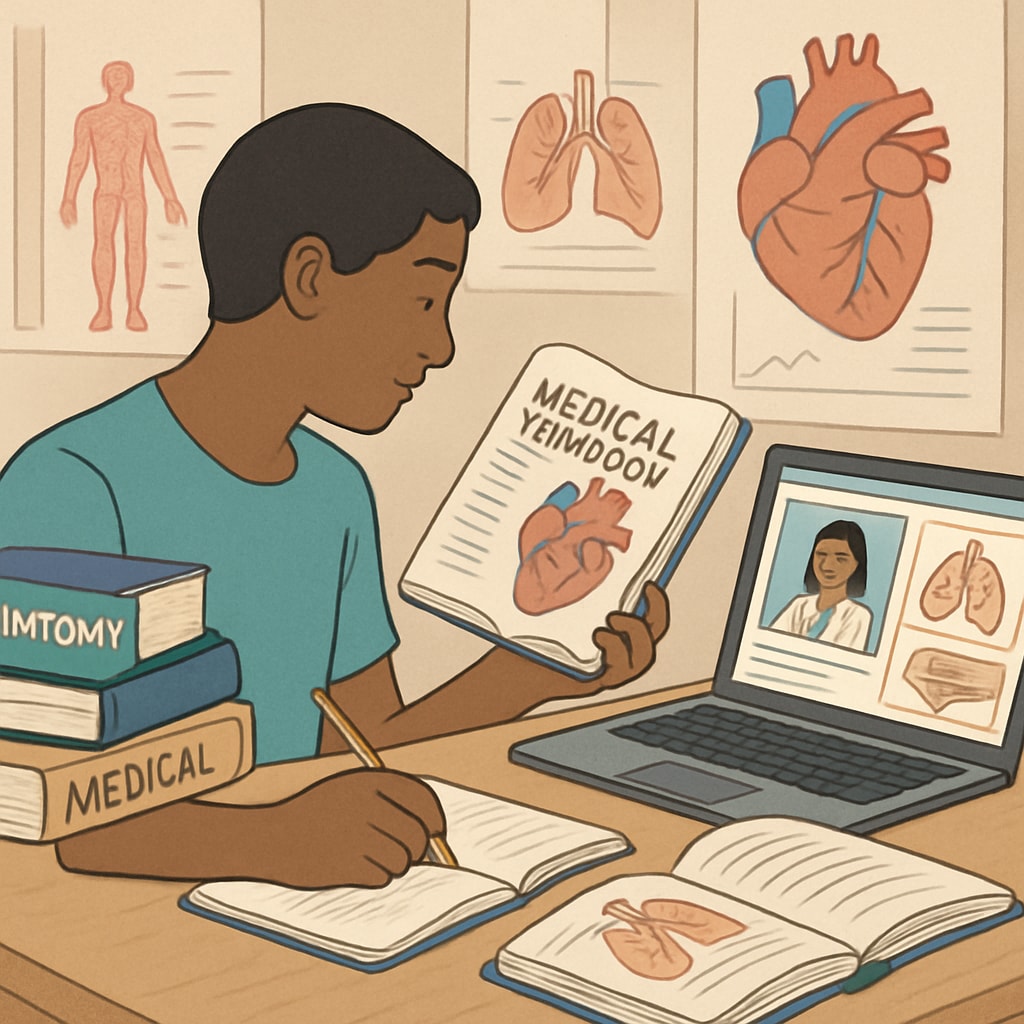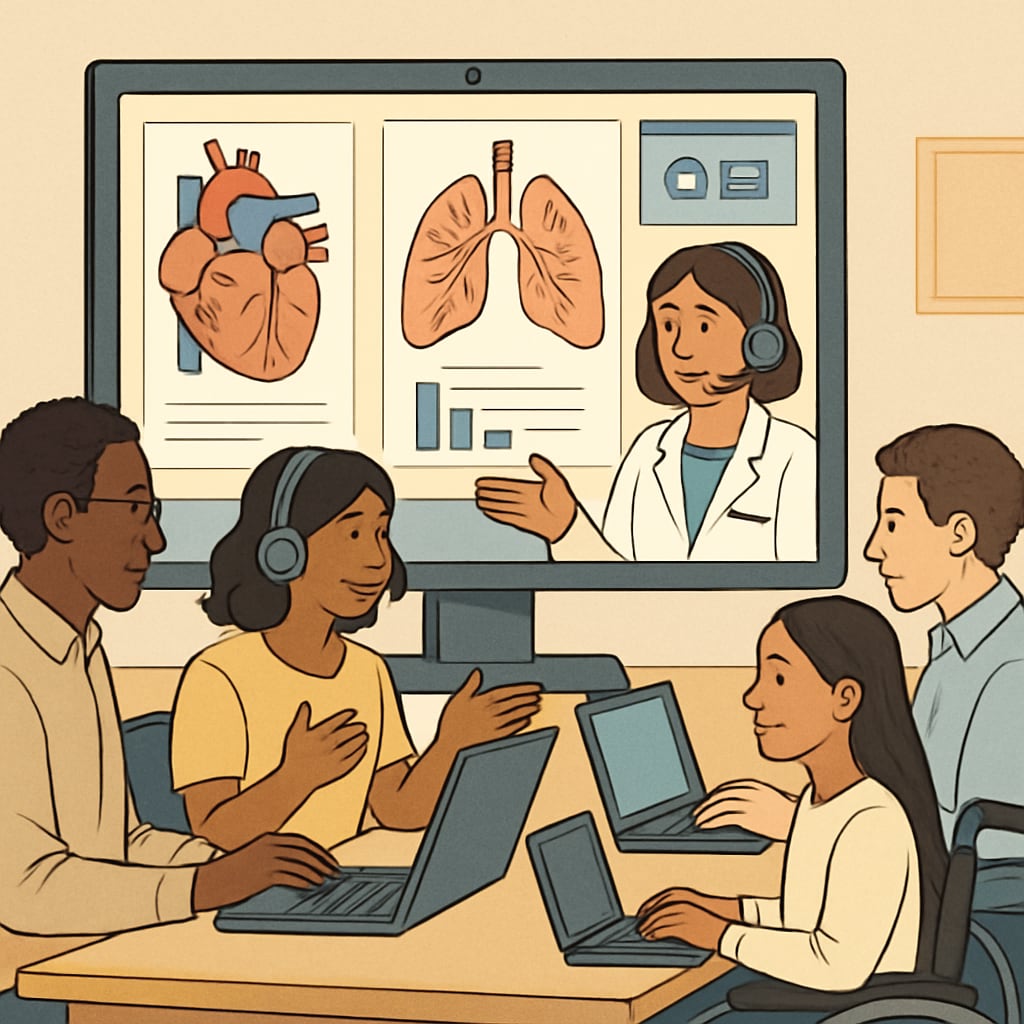In recent years, the accessibility of medical education has grown significantly, enabling individuals from non-medical backgrounds to explore specialized topics. With the rise of online courses and other learning platforms, crossing the boundaries between disciplines has never been more achievable. This article examines how non-medical learners can effectively acquire medical expertise, the educational tools available, and the strategies for building a solid foundation in this challenging yet rewarding field.
Understanding the Divide: Challenges for Non-Medical Learners
Medical education is often regarded as exclusive, catering primarily to students with prior knowledge of biology, chemistry, and healthcare. For those without this background, understanding complex medical concepts can seem daunting. The specialized jargon, rigorous academic standards, and the sheer volume of material to master create a steep learning curve.
However, advancements in technology and education have provided unprecedented opportunities to address these challenges. Online platforms, interactive resources, and open-access journals have made medical knowledge more democratized. The key lies in identifying the right starting point and adopting the proper mindset for interdisciplinary learning.

Exploring Medical Education Resources for Non-Medical Backgrounds
Non-medical learners today have a wealth of educational resources at their disposal. Here are some of the most effective options:
- Online Courses: Platforms like Coursera, edX, and Udemy offer medical courses tailored for beginners. They often include video lectures, quizzes, and certificates of completion.
- Open-Access Journals: Websites such as PubMed Central provide free access to peer-reviewed medical articles.
- Interactive Tools: Applications like 3D anatomy viewers and medical simulation software can help visually understand complex topics.
- Community Learning: Joining forums like Reddit’s r/medicine or participating in webinars can provide valuable insights and networking opportunities.
These resources are not only accessible but also flexible, allowing learners to progress at their own pace. They are especially valuable for working professionals or those balancing multiple commitments.
Strategies for Successful Interdisciplinary Learning
Acquiring medical knowledge as a non-medical learner requires a strategic approach. Below are some practical tips:
- Set Clear Goals: Define why you want to learn about a specific medical field. Are you looking to switch careers, support a loved one, or satisfy personal curiosity?
- Start with the Basics: Begin with foundational courses in biology or human anatomy before diving into specialized topics.
- Leverage Multimedia: Use videos, podcasts, and infographics to complement textbook learning.
- Practice Active Learning: Take notes, ask questions, and engage in discussions to reinforce your understanding.
- Connect with Experts: Seek mentorship or guidance from professionals in the field for personalized advice.
By following these strategies, learners can build a structured pathway to mastering medical concepts, even without prior experience in the field.

The Future of Medical Education for Interdisciplinary Learners
The integration of technology into education continues to blur traditional disciplinary boundaries. As online platforms expand their offerings, we can expect even more tailored resources for non-medical learners. Additionally, the growing emphasis on interdisciplinary collaboration in healthcare further underscores the importance of making medical education accessible to all.
For non-medical professionals, this trend represents an exciting opportunity to contribute to healthcare innovation, research, and patient advocacy. With the right resources and strategies, mastering medical concepts is no longer an unattainable goal—it’s a journey waiting to be explored.
In conclusion, the democratization of medical education through online courses and other tools has empowered individuals from non-medical backgrounds to bridge the gap between disciplines. By leveraging modern resources and adopting a strategic learning approach, anyone can gain meaningful insights into the fascinating world of medicine.
Readability guidance: This article maintains a balance of short paragraphs and lists to enhance readability. Transitions like “however,” “in addition,” and “for example” ensure smooth flow between ideas.


